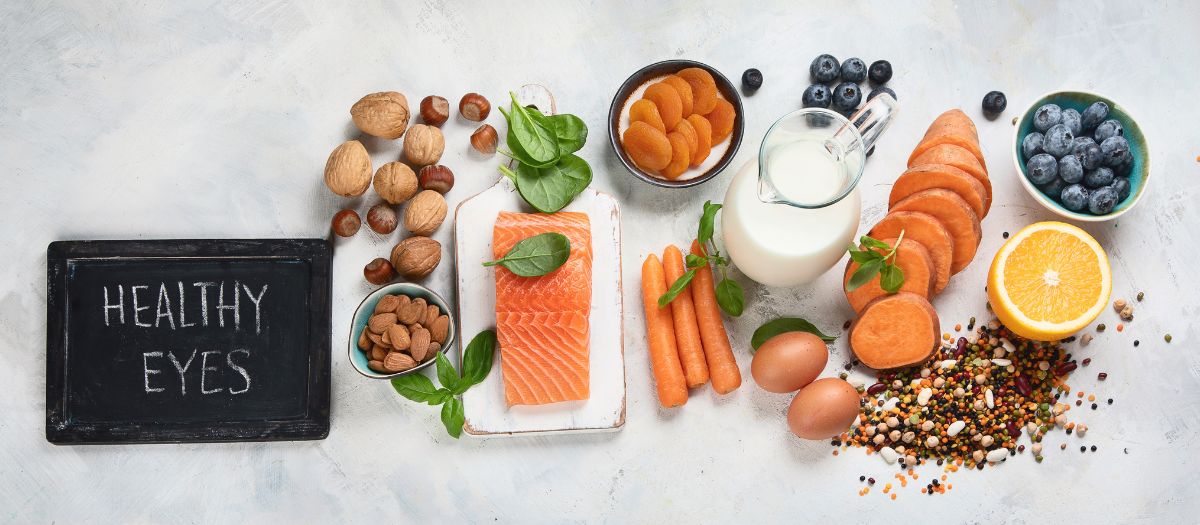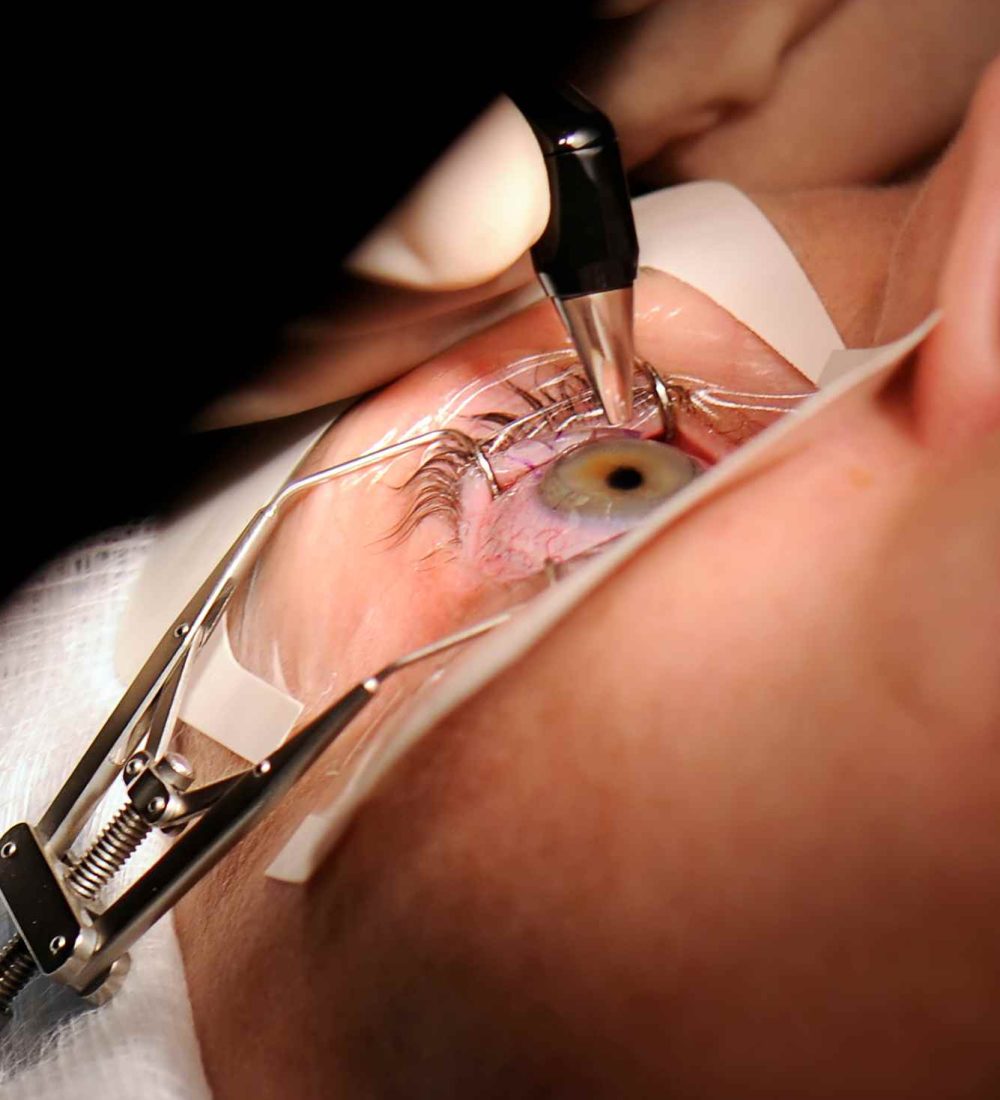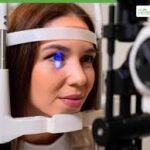Isha Netralaya | Best Eye Hospital in Maharashtra | Eye Specialist
Best Vitamins and Supplements for Eye Health
admin
21/02/2025

Best Vitamins and Supplements for Eye Health
Good eye health is one of the vital factors that promotes overall well-being and quality of life. Although a balanced diet is the best way to provide your eyes with the essential nutrients, some vitamins and supplements are also helpful in supporting eye health. This blog post will examine the best vitamins and supplements for eye health, their benefits, and how to incorporate them into your daily routine.
Essential Vitamins for Eye Health
1.Vitamin A: Vitamin A, also referred to as retinol, is essential for maintaining the cornea in healthy state,which is the clear outer layer of your eye. The protein rhodopsin also needs Vitamin A to function, enablest to see in dim light. Deficiency of Vitamin A causes night blindness and dry eyes.
Food sources: Carrots, mango,milk, milk products, sweet potatoes, spinach, kale, and liver.
2.Vitamin C : Vitamin C is an antioxidant that prevents free radicals from damaging your eyes. In addition, vitamin C helps with the formation of collagen, which is a protein that gives shape to your eyes. Some research studies have revealed that vitamin C lowers the chance of cataracts and age-related macular degeneration.
Food sources: Oranges, grapefruits, strawberries, broccoli, and bell peppers.
3.Vitamin E: Vitamin E is another antioxidant that helps protect your eyes from free radical damage. It also supports the health of the retina, the light-sensitive tissue at the back of your eye.
Food sources: Almonds, sunflower seeds, peanuts, and spinach.
Other Important Nutrients for Eye Health
1.Lutein and Zeaxanthin: These two carotenoids are highly concentrated in the macula, the very center of the retina, and are responsible for sharp vision. Lutein and zeaxanthin serve as filters for harmful blue light and may also protect against Age Related Macular Degeneration AMD and cataracts.
Food sources: Spinach, kale, collard greens, and eggs.
2.Omega-3 Fatty Acids: DHA is vital for the morphology and function of the retina, but omega-3 fatty acids might also serve as a natural preservative of preventing dry eye syndrome and AMD.
Food sources: Salmon, tuna, mackerel, flaxseeds, and chia seeds.
3.Zinc: This mineral has various roles in the maintenance of the health of the retina and the lens. It also catalyzes the transport of vitamin A from the liver to the eyes.
Food sources: Oysters, beef, poultry, beans, and nuts.
Advantages of Vitamins and Supplements to the eyes
Reduced risk of Age-Related Macular Degeneration (AMD): AMD is the leading cause of vision loss in older adults. Researchers have found that a combination of vitamins C and E, beta-carotene, zinc, and copper slows the progression of AMD.
Lowering of cataracts: Cataracts are a milky change in the lens of an eye causing impaired vision. Antioxidant vitamins such as C and E are thought to help diminish cataract risk.

Reduce dry eye syndrome: Dry eye syndrome is one of the most prevailing conditions wherein your eyes do not produce enough tears or the quality of the tears is low. Omega-3 fatty acids and vitamin A may relieve dry eye symptoms.
Blocking of blue light: Lutein and zeaxanthin provide a cover over harmful blue light that can damage the retina.
Generally, improved eye health in total: These vitamins and supplements help maintain the condition of the cornea, retina, and lens, thus promoting proper functioning of these eyes.
How to Eat Healthy Through Vitamins and Supplements
- Balanced diet: The best way to ensure your eyes get everything they need is by eating a balanced diet, which includes fruits, vegetables, whole grains, and lean proteins.
- Take a multivitamin: A multivitamin is a good complement to several missing nutrients in your diet.
- See a doctor: Be sure to inform your doctor so that he may advise you of which ones will not interact with the medications that you might have to use.
Preserving good eye health is essential to overall well-being. Although an ideal diet remains the best method of obtaining those nutrients your eyes need, a few vitamins and supplements are designed to provide some extra support. By adding these nutrients to your daily routine, you can aid in protecting your eyes from conditions that may affect them as you age ,and maintaining optimal eye health.
Emergency Call
As one of the leading eye hospitals in the heart of Thane, we take pride in our expertise in treating a varied range of eye problems.






